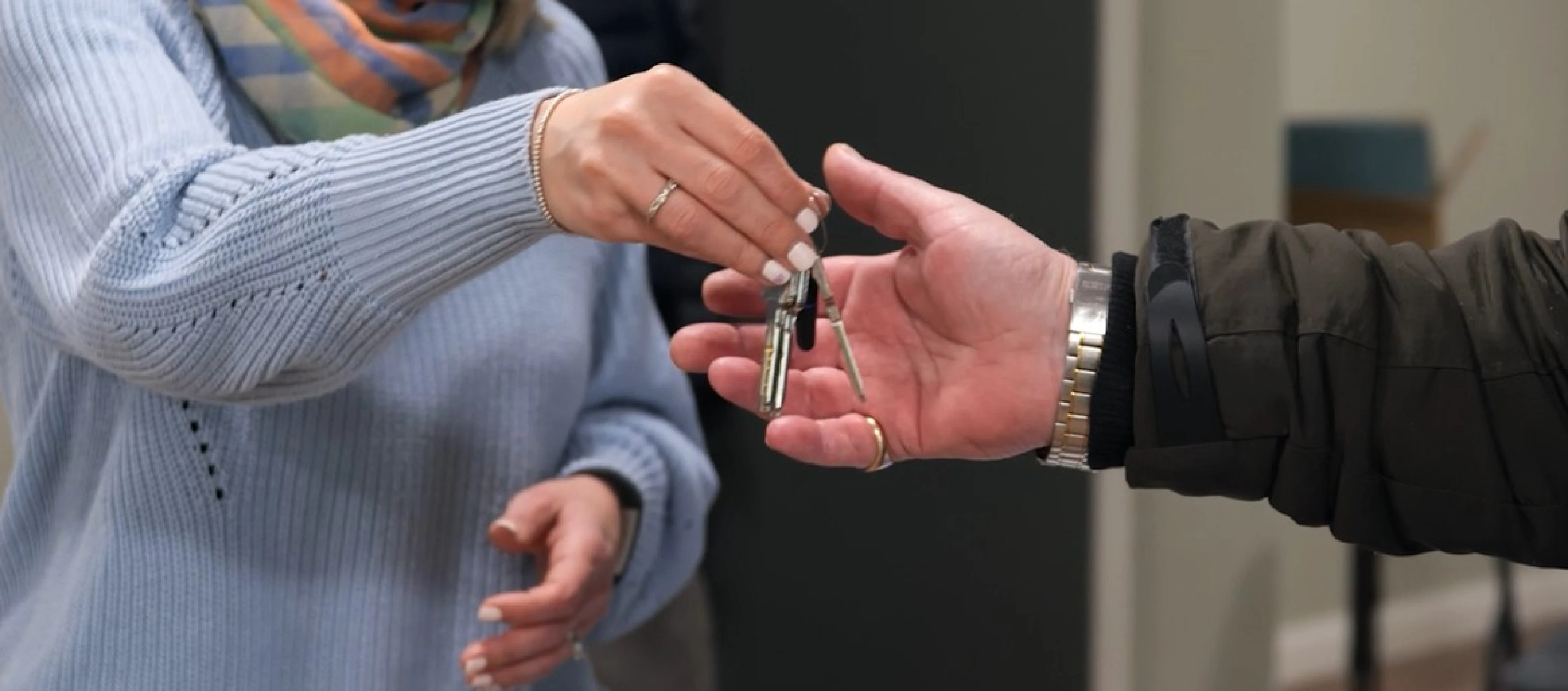
Help us stop tenancy fraud
What is Tenancy Fraud?
Tenancy fraud is the use of social housing by someone who is not entitled to it. There are different types of tenancy fraud. Here are some of the most common ones:
Unlawful subletting – where a tenant lets out their home to another person without the knowledge or permission of their landlord.
Unlawful assignment – where a tenant stops using their tenancy as their main or principal home, allowing another person to live there without their landlord’s permission.
Obtaining housing by deception – where a person obtains a tenancy by giving false information in their application for housing, for example, not declaring that they are renting another social housing property or own their own home or by giving false information about who lives with them.
Tenancy succession by deception – this is where a tenant dies and someone who is not eligible tries to succeed (take over) the tenancy.
Non-residence – where the tenant leaves the property empty without informing the landlord
Why it's important to tackle Tenancy Fraud
Tenancy fraud deprives those of need of a home. Social housing is an asset to the public and often a lifeline to the people it's meant for. Woven must ensure that it makes the best use of our homes and ensure that the people living there are legally entitled to be there.
What Woven does to tackle Tenancy Fraud
We take Tenancy Fraud very seriously. We:
encourage all our staff to be aware of, and alert to fraud.
carry out identification checks at commencement of a tenancy and at various times throughout a tenancy.
complete announced and unannounced tenancy audits to check that our homes are occupied by the legal tenant.
work with other agencies, to prevent housing tenancy fraud, including housing benefit fraud.
investigate any reports that a tenant has abandoned their home and take appropriate legal action where necessary.
will respond promptly to any reports of tenancy fraud taking appropriate action to stop it, including pursuing legal interventions if necessary.
emphasise to tenants the importance of reporting changes in their circumstances and the consequences of fraud.
raise tenant and community awareness of tenancy fraud
What you can do to help
Do you know someone living in one of our properties, who is renting it out without permission?
Do you know of one of our properties that is not being lived in by the tenant?
Do you know someone living in one of our properties that has got their home by giving us false information?
If so, they could potentially be committing tenancy fraud, using up valuable housing accommodation and depriving applicants who are on our waiting list in need of housing.
There are a number of ways you can get in touch with us:
Email: Housing@woven.org.uk
Contact a member of our Homes and Communities team and explain your concerns. Any information you give us will be treated in the strictest of confidence and your identity will be protected.
You can report the suspected fraud anonymously giving us as much information as possible to help our investigations. The more information that we have the better the chance we have of stopping it. If you are happy to disclose your contact details, then this may help if we need to contact you for more information or to clarify something that you have told us.







